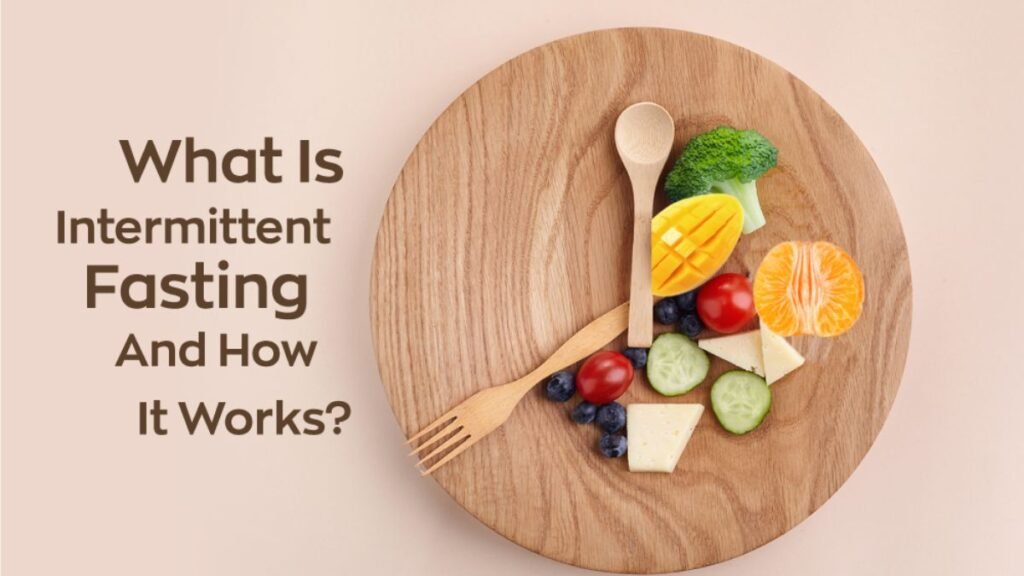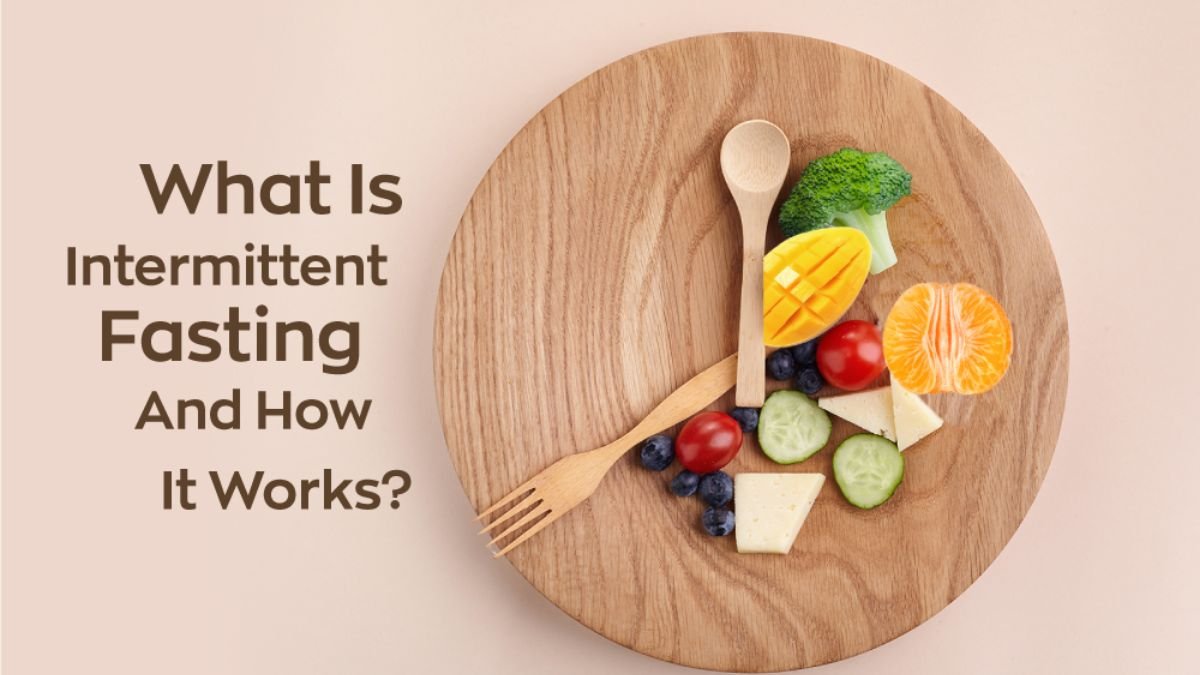Top 10 Pros and Cons of Intermittent Fasting | Foods To Avoid During Intermittent Fasting
Intermittent fasting, or IF, is a dietary approach that emphasizes periods of fasting and eating, usually within a 24-hour period. It is becoming increasingly popular as a weight loss and health maintenance strategy, as it can help promote weight loss, improve blood sugar control, reduce inflammation and improve overall health. While there are many different types of intermittent fasting, the most popular is the 16/8 method, which involves fasting for 16 hours and eating within an 8-hour window.

The idea behind intermittent fasting is that by limiting your eating window, you can better control your appetite and energy levels, as well as reduce cravings. This can help reduce your overall calorie intake and promote weight loss. Additionally, by limiting your eating window, your body is more likely to use its stored energy, which can help improve your body composition, reduce inflammation and improve overall health.

Top 10 Pros of Intermittent Fasting with Explanation
- Weight Loss: One of the main benefits of intermittent fasting is its potential for weight loss. Studies have found that intermittent fasting can help reduce appetite, increase fat burning and reduce overall body fat.
- Improved Blood Sugar Control: Studies have also found that intermittent fasting can help improve blood sugar control, which can reduce the risk of diabetes and other metabolic diseases.
- Reduced Inflammation: Intermittent fasting has also been found to reduce inflammation, which can improve overall health and potentially reduce the risk of certain diseases.
- Improved Mental Clarity: Intermittent fasting can also help improve mental clarity and focus, as it can help reduce cravings and reduce overall calorie intake.
- Improved Digestion: Intermittent fasting can also help improve digestion and reduce digestive issues, as it can help reduce inflammation and improve gut health.
- Improved Heart Health: Studies have also found that intermittent fasting can improve heart health, as it can reduce cholesterol, blood pressure and other markers of heart health.
- Increased Energy Levels: Intermittent fasting can also help increase energy levels, as it can help reduce cravings and reduce overall calorie intake.
- Improved Cellular Health: Intermittent fasting has also been found to improve cellular health, as it can help reduce oxidative stress and improve overall health.
- Reduced Risk of Cancer: Studies have also found that intermittent fasting can reduce the risk of certain types of cancer, as it can reduce inflammation and improve overall health.
- Improved Longevity: Finally, intermittent fasting has been found to improve longevity, as it can reduce inflammation, improve cellular health and reduce the risk of certain diseases.
Top 10 Cons of Intermittent Fasting with Explanation
- Hunger: One of the main drawbacks of intermittent fasting is that it can cause hunger and cravings, which can make it difficult to stick to the diet.
- Low Blood Sugar: Intermittent fasting can also cause low blood sugar, which can lead to fatigue, dizziness, and other symptoms.
- Dehydration: Intermittent fasting can also lead to dehydration, as it can reduce overall fluid intake.
- Nutrient Deficiencies: Intermittent fasting can also lead to nutrient deficiencies, as it can reduce overall nutrient intake.
- Poor Performance: Intermittent fasting can also lead to poor performance, as it can reduce overall energy levels.
- Stress: Intermittent fasting can also cause stress, as it can be difficult to stick to the diet and may cause feelings of deprivation.
- Poor Sleep Quality: Intermittent fasting can also lead to poor sleep quality, as it can disrupt the body’s natural circadian rhythm.
- Muscle Loss: Intermittent fasting can also lead to muscle loss, as it can reduce overall protein intake.
- Poor Metabolism: Intermittent fasting can also lead to a decrease in metabolism, as it can reduce overall calorie intake.
- Unsafe for Certain People: Intermittent fasting is not recommended for certain people, such as pregnant women, children, and those with certain medical conditions.
Intermittent fasting can be a beneficial dietary approach for those looking to lose weight and improve their overall health. However, it is important to remember that it is not suitable for everyone and should be done with caution. If you are considering trying intermittent fasting, it is important to speak to your doctor or dietitian to ensure it is safe and suitable for you.

Foods to avoid during intermittent fasting
- Sugary Foods: Foods and beverages high in sugar, such as candy, cakes, pastries, and sugar-sweetened beverages, should be avoided during intermittent fasting as they can cause a rapid spike in blood sugar, which can cause hunger and cravings.
- Processed Foods: Processed foods, such as chips, crackers, and frozen meals, are typically high in calories, fat, and sodium and should be avoided during intermittent fasting.
- Alcohol: While alcohol is allowed on some intermittent fasting plans, it is best to avoid it if possible as it can increase appetite, disrupt sleep, and dehydrate the body.
- Refined Grains and Flours: Refined grains and flours, such as white bread, white pasta, and white rice, can cause a rapid spike in blood sugar and should be avoided during intermittent fasting.
- High-Calorie Beverages: High-calorie beverages, such as smoothies and juices, should be avoided during intermittent fasting as they can cause a rapid spike in blood sugar and add unnecessary calories.
Intermittent fasting can be an effective way to lose weight and improve overall health. However, it is important to remember that it is not for everyone and should be done with caution. If you decide to try intermittent fasting, it is important to speak to your doctor or dietitian to ensure it is safe and suitable for you.
Additionally, it is important to remember that it is important to make sure you are getting the nutrients you need from your diet, as intermittent fasting can lead to nutrient deficiencies. Ultimately, intermittent fasting can be a beneficial dietary approach for those looking to lose weight and improve their overall health, but it is important to be aware of the potential risks and benefits.

